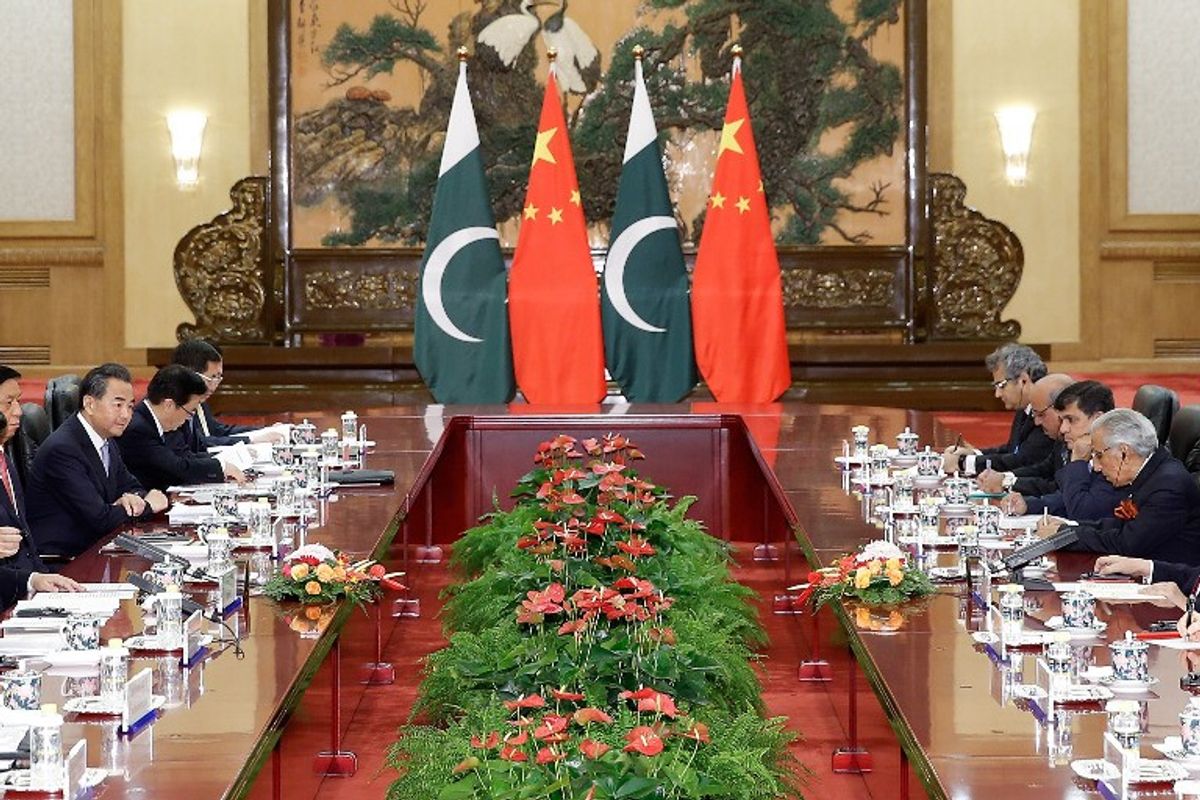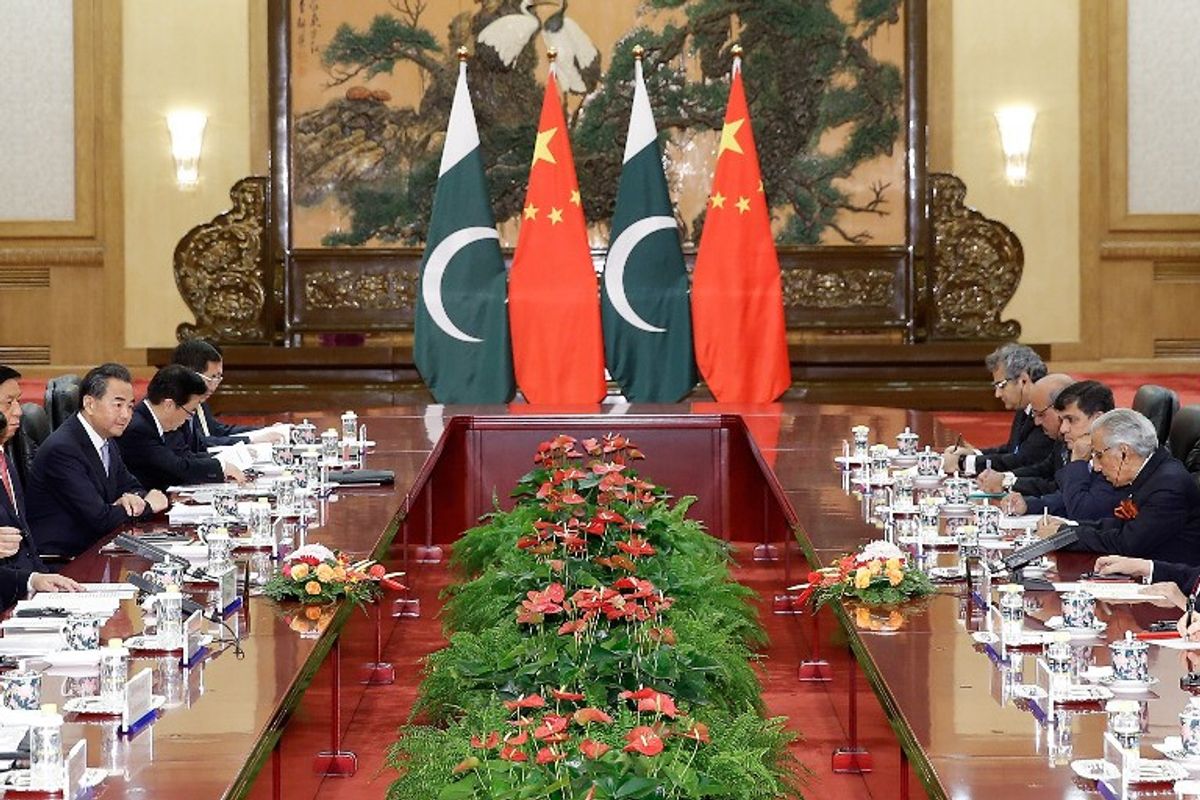Argentina’s new government that came to power last year is embarking on major economic reforms. The Cipher Brief spoke with Director of Global Business and Economics at the Atlantic Council Andrea Montanino about what this overhaul looks like and what it means for investment. Montanino is also a former Executive Director at the International Monetary Fund (IMF).
The Cipher Brief: Argentina is reengaging with the international community, following an ambitious economic reform plan spearheaded by the Macri government. How is the initiative changing Argentina’s relationship with multilateral organizations like the IMF?
Andrea Montanino: Argentina’s relation with the IMF has been difficult since the default in 2002. The last annual Article IV report, a monitoring obligation of all IMF members, dates back to 2005. This undermined the trust and the knowledge of Argentina’s economy with a negative effect on foreign investment, putting Argentina at the margin of the international community. Moreover, in 2013, the IMF issued a declaration of censure against Argentina in connection with its breach of obligation to the Fund under the Articles of Agreement. According to the Fund, Argentina did not provide appropriate figures for GDP and inflation rates, undermining the ability of the international community to assess the economic performance of the country. It is worth noting that this was the first time after more than 50 years that a country was censured by the IMF for breaching Article of Agreements’ obligations.
According to a speech by Argentinian Finance Minister Alfonso Prat-Gay at the Atlantic Council in Washington, D.C. last April, Argentina’s authorities want to reengage with the IMF, improve transparency in statistics, and play a more constructive role in global economic governance. This is most welcome given the need for reliable players in Latin America now. So far the steps taken by the Government, including declaring a “statistical emergency,” move in the right direction, and I hope that soon the IMF will be in the position to conclude an Article IV report for Argentina.
TCB: Argentina’s economic restructuring could mean stronger trade ties, for example between Mercosur, a sub-regional trade group, and the U.S. and Mercosur and the EU. Where do the opportunities lie? How likely is the prospect of new and/or reformed trade agreements?
AM: There is no doubt that Argentina can play a role in leading the process for a free trade agreement between the EU and Mercosur, after more than 15 years from the first talks. Until a few months ago, Brazil used to be one of the strongest voices for a free trade agreement (FTA), while Argentina under President Kirchner was dragging its feet. Now the situation has reversed.
The new role of Argentina is underlined by the fact that Susana Malcorra, Argentina’s Foreign Minister, already visited Brussels, while Federica Mogherini from the EU visited Buenos Aires several times recently. I think the EU welcomes the reforms pushed by the Macri administration in lowering trade restrictions, and it is now considering resumption of lending activities by the European Investment Bank and has approved sending a business promotion mission later this year.
However, there are divergent interests between the EU and Argentina, and many EU countries, led by France, recently stood up against new talks about a trade agreement with Mercosur. Now that negotiations about TTIP, the free trade agreement between the U.S. and the EU, are at a crucial juncture, it seems difficult to open another front that involves sensitive topics, like food.
The likelihood of a Mercosur-U.S. agreement seems even smaller than in the EU case. In the short term, the Brazilian and Venezuelan crises, as well as the U.S. election cycle, leave very little room for even a start to negotiations. In the case of slow progress, TPP could exert a growing attraction for individual countries to opt-in instead. Thus, if the new push for a Mercosur-U.S. FTA were to fail, there would undoubtedly be an effort from Argentina to join TPP. Argentinean government officials have already hinted at this. Uruguay and Paraguay have also signaled their intention to allow more flexibility to Mercosur countries to negotiate bilateral agreements or join existing agreements.
TCB: Where are the investment opportunities in Argentina? A recent Atlantic Council report highlighted the energy sector. Why is there great potential here, and what other industries look profitable?
AM: The successful return to international capital markets and the reforms by the Argentinian government (on exchange rates, cutting export taxes, and utilities subsidies) have created a friendlier environment for foreign direct investment (FDI). However, according to the 2016 Doing Business Report by the World Bank, Argentina still ranks 121 out of 181 for ease of doing business. Foreign companies want to have a stable and efficient business environment before risking new investment. Surely, those companies that are already operating in Argentina might be more reactive in increasing their investment, because they can see more easily the changes underway and might also plan to move facilities and investment from other troubled countries in the area to Argentina. Newcomers, on the other hand, will likely wait before making any moves.
Specifically on the energy sector, Argentina is ranked second in the world in terms of its undiscovered shale gas resources and fourth in shale oil resource potential (according to the U.S. Energy Information Administration). The recent reforms in energy prices have sparked interest in investing in the energy sector, both on traditional and renewable energies. Much will depend on the cost effectiveness of investment in the energy sector given the low oil prices environment that can make some investment not sufficiently profitable for the private sector. The Government might consider ways to expand production through public-private partnerships that may reduce the risk for the private sector and therefore make the investment viable.
FDI flows in the telecommunications sector are also expected to recover thanks to the future construction of a 4G network that has already been announced. Other sectors of interest are automobile, mining, and agriculture, where the lifting of export taxes has created opportunities. All in all, I think there are many areas where business opportunities can arise if the Government is able to provide a stable environment that will stimulate foreign investments.
TCB: Politically, what does this mean for Argentina both within the Latin America and Carribean region and within the international community?
AM: Argentina is a member of the G20, and it has major responsibilities in global economic governance. Given the turmoil in Brazil, the largest economy in Latin America, the role and responsibilities for Argentina at the current juncture are even greater. It is imperative for global stability that the country successfully taps the markets, as it did recently, and can regain full access to financial markets as a signal of renewed trust. If the process of normalization with the International Monetary Fund continues and markets entrust the country, there will be a lot of opportunities to increase investment and boost the economy. At a time when emerging markets are suffering elsewhere and with many geopolitical tensions surround Europe, Argentina can hugely benefit if it is able to use this window of opportunity.












